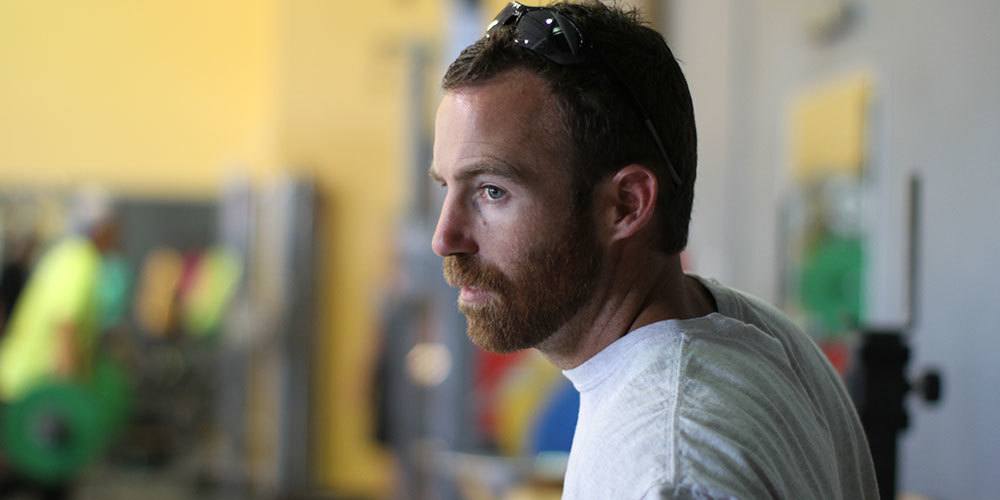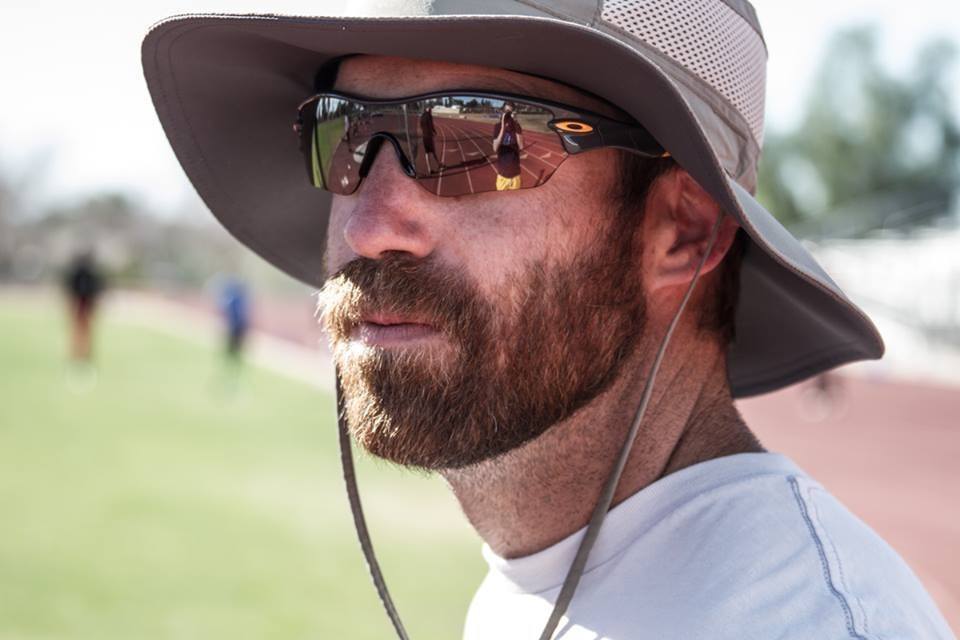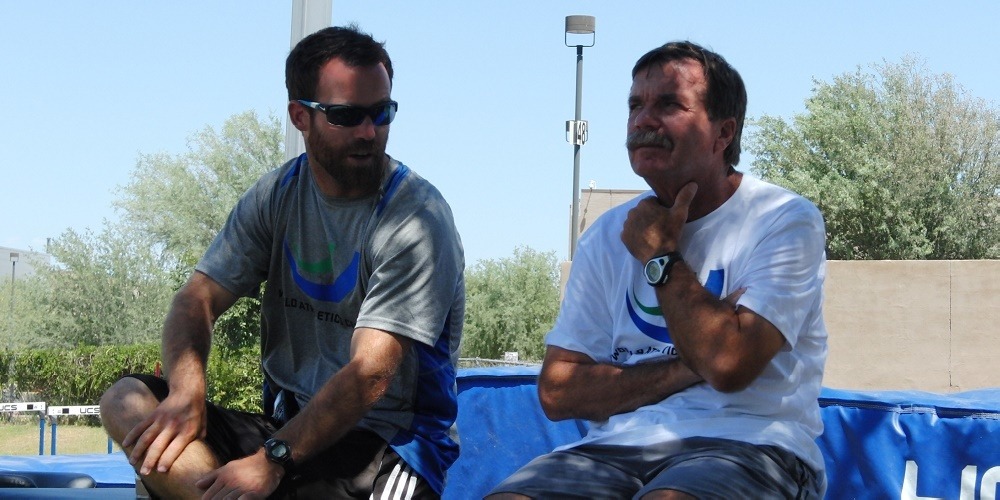In this week’s blog-post, Altis Coaches Program Coordinator & Throws Coach – Nick Sheuerman shares some philosophical insights into pedagogy and the art of coaching the individual.
The following is a collection of thoughts on coaching amassed during the short span of my career so far, and from working with some of the most talented, yet humble mentors I could ask for. In no way does the subject of coaching the “individual” replace the critical need for the coach to have a deep understanding of fundamental techniques, biomechanics, training theory, etc involved in a particular event/sport. Nonetheless, it is my opinion that via effective coaching/mentoring we have the opportunity to address the individual that lives inside the athlete; ultimately leading to deeper engagement, communication, and better performances. Also, our dual role as teachers and mentors puts us in a powerful position to provide the athlete with a positive life experience that will serve them long after their athletic career is finished.
Offer unconditional and enthusiastic support
“The one gift I can give to you every day no matter what, is my unconditional support” – Jim Valvano
The quote above is not Jim talking to his athletes; in fact it is a lesson Jim learned from his father – who always believed in him and showed him unconditional support during NC State’s attempts to win a NCAA National Championship full documentary found here. In the case of track and field, great individual athletic achievements are almost always accomplished with the support of many unsung heroes; namely parents, therapists, friends, team mates, and – the coach. As a coach and potentially significant influence on the performance and life of our athletes, it is therefore critical that we consistently offer words and actions of support in both good times and bad. The athletes must know that we always believe in their ability to succeed, especially when times are tough.

Get to know the individual
“Connect before you direct” – Anonymous
From a performance perspective, having a firm understanding of an athlete’s background, life experiences, and likes / dislikes, will almost certainly inform the way you communicate, and potentially influence what you put into your training plan. From a personal perspective, showing that you are interested in the athlete for who they are as a person (not just as a point-scoring machine, or another athlete to put on the resume) proves that you care about them – an important emotion to carry into hard training and competitions.
Be honest and communicate well
“I have met very few people who do not respond well to an honest and sincere conversation” – Dan Pfaff
It seems simple enough, and most people would say they believe in honesty. However, in the coaching setting, honesty can be tricky – especially when providing feedback. It is critical that athletes know the words coming out of the coach’s mouth will always be completely honest. This is one of many elements involved in building trust. However, in my past I have been honest to a fault, or in a negative way. It is imperative that honest, and sometimes difficult, feedback is given in the context of support. This does not in any way mean to not sugar-coat feedback – however it does involve providing constructive criticism in the greater context of the long term process towards success.
Further, feedback should suit the individual – a simple example being that some athletes need a more stern and firm tone, while others need a more conversational and gentle tone. I have not had great experience with being too demanding in tone, but this also depends on the personality of the coach. Honesty and clarity in communication are complementary items in my book. This ties in perfectly with the excellent blog post Coach Hierholzer wrote on “the art of the daily debrief” Our ability to clearly and effectively communicate expectations is very important. Does the athlete truly understand, and have we clearly communicated what is expected to perform at the highest level? Pulling from Coach Hierholzer, this often includes our expectations for athletes to practice mindfulness and communicate effectively.

Teach Athletes in the Art of Life
“You have not really taught, until they have truly learned” – John Wooden
Coaches are both teachers and mentors. This is a great honor and privilege; not one to be taken lightly. Again from a performance perspective, our role is to ensure that fundamental techniques are constantly taught and reinforced until mastered. However, this is simply the structure or external means by which we are able to connect with athletes on a more personal level; training design is the means by which we have the opportunity to mentor our athletes in the art of life. In this way, training is simply a tool for developing character, resilience, humility, courage and the like. While it may seem old fashioned or cliche, in my opinion this is the crux and most reverent aspect of the coaching process, and one that potentially has the greatest short-and long-term influence on both athlete and coach: For it is those lessons that transcend the concrete skills involved in being an athlete, and reach the core of what the athletes believe about themselves – and their abilities – which often have the most impact on character and subsequent performance.
Mind, Heart, and Soul
There are three parts of every person that are unique to the individual … the mind, heart, and soul. From what I have observed at Altis, very effective coaches and teachers appeal and engage with all three. I understand I am treading into somewhat murky water when discussing the heart and soul; so please take the following as my personal belief. These intangibles are the essence of the human condition, and are intertwined in everything from relationships, to school, to sport training – all the way through to Olympic performances. The more we can engage these intangibles, the better performances will be, and the more gratifying the experience will be for your athletes.
How we engage with these intangibles largely depends on what is important to the athlete, and how the coaches interact with them; but often comes down to inspiration and being part of something bigger than the individual. This is where the best coaches and mentors thrive – when they are free to create an environment to inspire others to achievements greater than they themselves thought possible.
Ultimately, the take home from this piece is simply that coaching with an awareness of the individual in the athlete is in my view, of considerable importance. While the art of effective skill training is a crucial part of athletic development, it is often the heart of the athlete that needs to receive due attention for holistic growth to take place.


